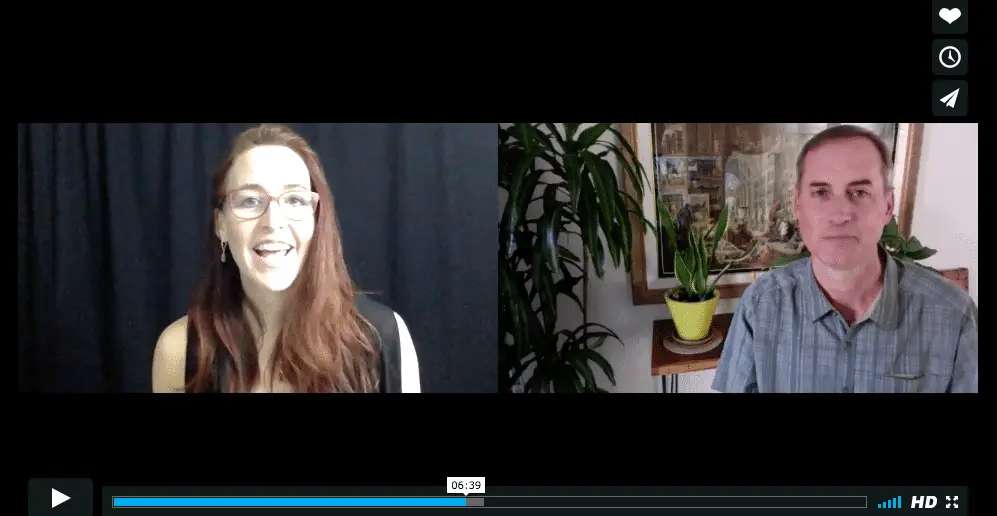A Tough Place to be
An Amazingly Easy but Powerful Method: Tiny Habits
The idea behind “Tiny Habits” is simple yet profound:
- If something is very hard to do, it takes a lot of motivation to do it.
- If something is easy to do, it takes much less motivation to do it.
What can be some of the “hard things” in bass world?
- Finding time is hard!
- Getting started seems to be the hardest thing!
- Playing bass on the level you aspire to is hard, no doubts about it.
- Practicing in a meaningful way sometimes means facing short comings (also hard).
- Internal voices (whether your own or those others gave you on your way) can be super hard on you!
- Figuring out what to practice is hard (easier to procrastinate looking for the magic bullet)
- Distractions: very hard not to look who just tagged you in a picture on Facebook!
- Discipline. Time. Patience: hard!
Okay, so forget about trying to overcome this through motivation alone. It takes effort of epic proportions to overcome all this and as research has shown, willpower gets used up, it is like a muscle that can get worn out after a while and lead to burnout!
So, what to do? Look at the second idea:
- If something is easy to do, it takes much less motivation (and less will power) to do it.
So how can we make this intimidating list of “hard” easier?
Here are suggestions for each item:
- Hard to find time? Commit to just a few focused minutes. (Five? A ten minute video?)
- Hard to get started? Have your bass out of its case on a stand, your notebook open, timer at the ready.
- High level aspirations? Pick a milestone that is within reach (Major triad through the cycle at quarter notes tempo 80? Chorus of a song? One pentatonic shape?)
- Fear of failure? Tell yourself you can do this right before you start. Prop yourself up: “Today’s practice session is going to be highly effective”. (Fake it if it doesn’t come easy)
- Hard time deciding what to practice? Take a lesson, do my course, read a book. You have it in your pipeline of to dos – pick one and stick with it.
- Distractions? Turn off all gadgets for the duration of your practice time.
Okay, so maybe just reading this you are beginning to feel the grip of despair loosen a little. Good, but not good enough. Tiny Habits is a thought out method and there is a step by step process to follow. It is actually (tiny habit style!) very easy to do.
We need:
- A trigger: (when I come home from work; after dinner; each time I switch on a light; every time I close the restroom door…)
- A behavior: (play or say one scale; watch a five minute video; read one page in a book; finger one pentatonic shape using my PORA method)
- A celebration: the best- and most important – part: celebrate! High five! Check Facebook; make a chess move in an online game or do one word for “Words with Friends”
This works best when you formulate the trigger and behavior as a sentence, write it down and commit to it. If you want witnesses (automated ones or “real live ones”) you can sign up for free coaching at tinyhabtis.com
Sentences that work great for the bass world are:
- After I plug in my bass, I say to myself: today I am going to enjoy my practice session.
- Every time I close the rest room door, I recite one scale in my mind and imagine playing it on the fret board.
- After I clear the dinner table, I play one pentatonic shape/watch a 5 minute video.
I picked three for a reason (proven by BJ to be the most effective number).
And now the best part – don’t skip this! (I skipped that part the first time around and my progress was not as great, so it is really important to follow the steps precisely) – okay, it is… the celebration!
“High five!” “I did it!” “I rock” (literally!)
I deserve a cookie!
Now I get to check Facebook for a few… (what about that photo tag…)
Ignore the doubting and nagging voices, especially those that tell you that “5 minutes don’t count” or that playing one cycle of scales in some key is useless because there are so many more keys… If there is such a thing as a magic bullet, it is what starts happening as you follow this recipe for a few days. And you don’t have to be perfect either, just give it your best shot. Monitor by check marking your three items off each night: okay I did #1, dd #3, but forgot about #2. Commit to do them all again tomorrow. That’s it!
The change I experienced was subtle yet profound: a shift in attitude, away from the automatic internal negativity that had bogged me down without me really noticing it – to feeling empowered that I actually had control over those automatic thoughts and could turn them to much lighter, more productive and useful patterns. Which really feels like I am now actually doing that “hard thing” and I feel not only empowered, but em-will-powered!
And yes, in case you wonder, before you know it, you have probably practiced way longer than those few minutes. That is not the real point, though, as the real point is finding this key to unlocking my motivation through the back door by starting small. Best way is to experience it. Follow the steps best you can; details of the trigger and the exact language are very important, so keep tweaking until you get it right, resources for help (free) are below.
I heard BJ say in a seminar:
Not repetition creates habit, but rather good feelings create habit.
That was an eye opener for me. Rather than leave with the feeling that yet again I had not put nuff hours in, or that I still can’t do it at tempo 200, I emerged feeling proud of myself: “I did it. I’d said I was going to and I did it. Whacka whacka!”
Watch the magic unfold and a dark cloud lift. Very soon you likely feel much more in control over your actions. This is not just for bass by the way; this might just be useful in other areas of your life as well: Put on your gym clothes as soon as you get up? Drink a glass of water after you sat down for dinner? After you brushed your teeth you floss one tooth? After your feet hit the carpet in the morning you say: it is going to be a great day?
Do it. Just give it a try. And don’t forget the celebration -> epic results!
I became so intrigued with the method that I went ahead and got certified as a Tiny Habits Coach. I wanted to learn as much about this scientifically researched method as possible and optimize my own practicing and teaching.
I created my course “Music Theory for the Bass Player” with the Tiny Habits method in mind – videos are short and easy to follow along with. Lots of short motivational videos throughout to remind you of many of the tenets of the TH method: making it easy to start pick up the bass, link it to a definite trigger, keep a positive ‘tude, do short frequent practice bursts, don’t forget the high fives and much more.
Below are a few more resources – helpful along the lines of this article – and an interview Professor BJ Fogg of Stanford did with me a few months ago. Enjoy!
Resources
Join a 5-day free coaching session as often as you like here (<- do this, it is free, no sales; over 40.000 people have done it)
Efficient Practice Hacks: Taking Breaks
Using the Power of Feedback Loops
How Does Your Course Help People be Accountable?


